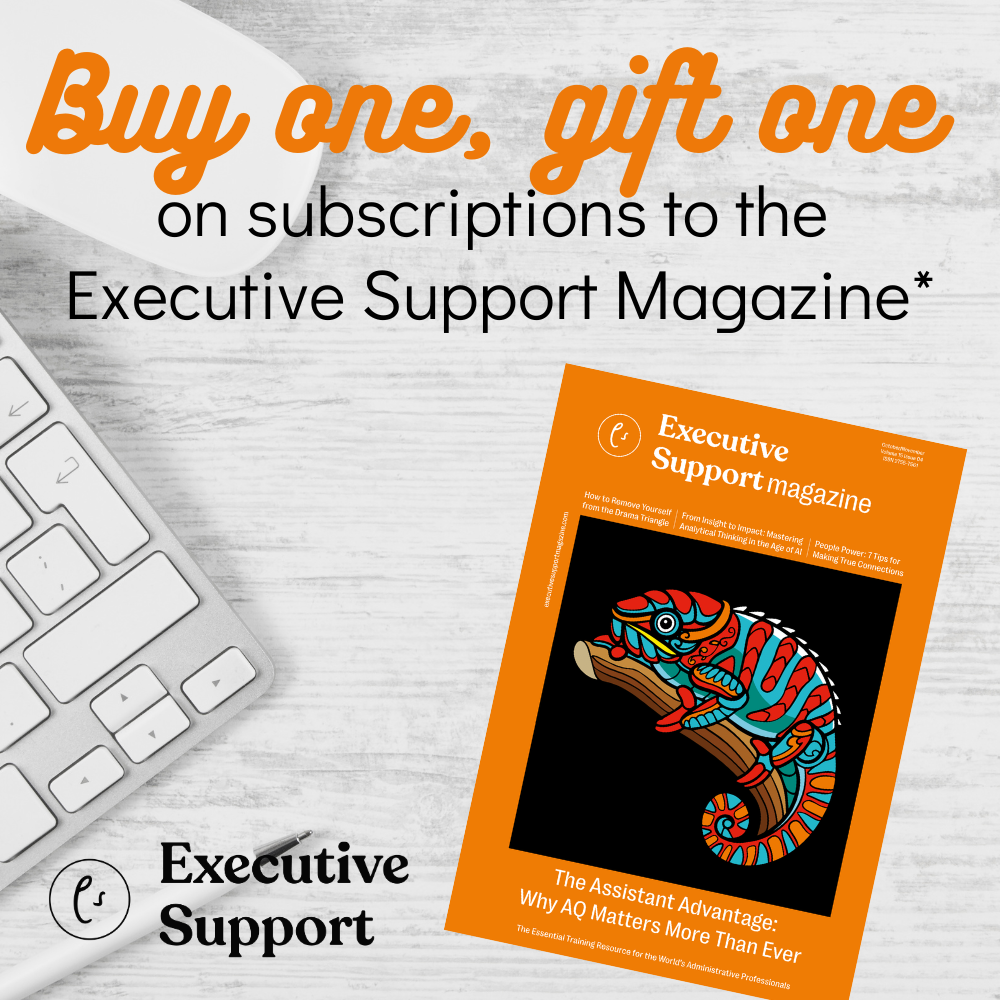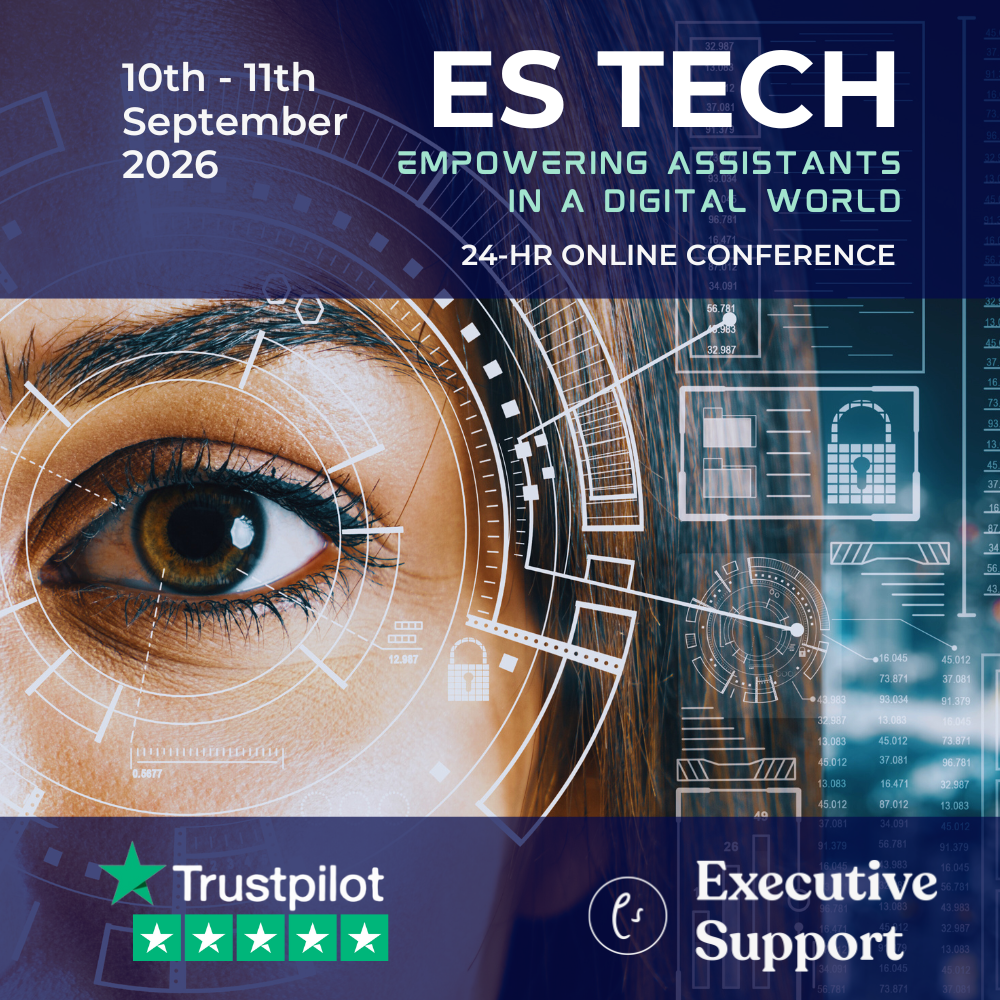
If you treat preparing yourself for an interview as if it were a date, you will set yourself up for a beautiful working relationship.
Going to an interview is similar to a first date – it could be the beginning of a long and happy relationship – so you should prepare for it with the same excitement. How you present yourself could make a difference to the rest of your life. With the right preparation, practice and planning you’ll find you can present yourself with confidence and be the one who controls the outcome. Planning is essential – fail to plan and you plan to fail.
First of all, congratulate yourself – you’ve got an interview! This means your CV caught the interest of your potential employer, and now they want to know more. Read through your CV in a critical manner. Like a potential date, they’ll want to know more about you and what makes you who you are. It’s time to prepare and ‘know yourself little girl’, to paraphrase a Big Brother contestant.
As part of your preparation, you need to pick holes in your carefully honed CV and develop ’your story’. ’Your story’ is not written in inverted commas as though it is a fabrication, it’s because it is personal to you. If you’re working with a recruitment consultant, they should help you with this development by asking the pertinent questions. Your CV should become like your favourite book, film, and definitely your Mastermind subject – you need to know it inside out. What was going on in June 2008?
Tailor-make ‘your story’ to the job you are applying for. Organise chapters of your life by time periods or by job history. Reflect on your career path and all your strengths and achievements, focussing on those that are most relevant to the job you’re applying for. At the ‘once upon a time’ point of ’your story’, you’re looking for gaps in your CV that you will need to explain. Whatever you do – don’t embellish the truth, and don’t extend jobs to make it seem as though there were no gaps.
Career breaks are fine, as are changes of direction. It’s important to speak confidently and succinctly about these periods of your life. Just be prepared to talk about them and have answers to explain what your focus was at the time. Interviewers will appreciate honesty and would prefer to hear that you chose your positions, rather than just took whatever came up next. Interviewers will also want to know your reasons for leaving past jobs. It’s perfectly fair to have been made redundant or to have left for personal reasons, just be prepared to explain your reasons, and never, ever bad mouth your past employer. As I say, just like relationships!
The next stage of preparation is research. Research the job and the prospective employer – knowledge is power! Your recruitment consultant should give you as much information as they can, and they should have an insight into the client, the corporate culture and the person who you will be interviewing with. The next step is over to you – investigate their website, if they have one, and consider questions that may arise from this.
James Preece, dating coach and a bit of a guru, recommends that on a first date to ‘prepare conversation topics and make them feel special.’ Prepare yourself to be able to feed the interviewer with the opportunity to talk proudly about something positive you have found. As with dating, people like an opportunity to talk about themselves. You are certain to be asked specific questions about the company or person, so make sure you’ve done your homework.
Google the company to find out more, looking at how they feature in the press, and how they are represented within their industry. Also, if relevant, take a look at the developments in the industry so you can converse with confidence with your interviewer. Simon Cowell has often said, ‘I’m not interested in anyone who’s not interested in me.’
The day before your interview, have an early night, and research where you’re going for the interview and how you’re going to get there. Consider the most reliable route, even if it’s not the quickest, but leave plenty of time. It may sound over cautious, but look at two different travel routes, just in case something happens. It’s better to be early and have time for a cup of coffee (just the one – you don’t want to ramble!) than to arrive in a fluster. Also, plan the things you may need to take with you to ensure you are sufficiently nourished and alert on the day, for example:
• location of interview and contact names and numbers of the company and your interviewer
• map and directions for driving, including car parking facilities
• cash, including change for parking and other incidentals
• local station if travelling by train, and distance to interview location
• local transport options if needed to get to interview location
• refreshments – nothing worse than being hungry or thirsty before an interview
• your phone!
This may sound ridiculously obvious, but you don’t want to be late or lost, and if you are late or lost, you need to let your interviewer know.
Remember that your interviewer may well be doing research on you too. Ensure that you don’t have an open Facebook profile that shows you as a party animal. We’ve had candidates approach us from absurd and lewd email addresses – get yourself a professional e-mail address which you can give to interviewers – no one wants to employ LadyShaggalot! Use the social networking applications to your advantage, for example, ensure you have a LinkedIn profile that matches your CV and includes references from past employers. It’s important to display your connectivity in a professional manner.
The final stage of preparation is your presentation to look the part. Appearances shouldn’t matter, but you are often judged before you’ve uttered a word. As with a date, first impressions really do count. It’s said that an interviewer makes a decision in 10 to 12 seconds, so each of those seconds are precious. To feel as confident as possible, you should feel as comfortable as possible, without showing up in your favourite pyjamas. If you can afford to, it’s worthwhile spending some time and money on yourself and your interview outfit.
Make your early night a pamper night, spending some time on personal grooming and relaxation – perhaps a long bath, leg shaving, a manicure and pedicure. Prepare your outfit ensuring that everything is clean and presentable. It may sound obvious, but planning ahead what you will wear to the job interview before you go to the wardrobe on the day will avoid any last minute panics!
In terms of the dress code, you should aim to fit in with the culture of the company you’re interviewing with. Dress to fit in so they can imagine you working with them. It’s always better to dress up, rather than down, dress more sober than loud, and unless you’re going for a job in high fashion, avoid unconventional clothing. A little colour is advised, but subtlety is the name of the game. Make sure your shoes are polished, your clothes fit correctly and comfortably and that your accessories are subtle. Heavy make-up and talon-like nails are a no-no. An interviewer (and a date) wants to see the real you. It is surprising how nerves and an aim to please can transform some candidates into garish caricatures.
In summary, the basic presentation rules are:
• Dress comfortably, but professionally.
• Pay attention to personal grooming.
• Avoid heavily scented after shave or perfume – it can overpower an interviewer.
• Avoid alcohol, coffee, fish or garlic – anything that gives you stinky breath.
• Do not smoke before an interview – chewing gum will not cover it up.
• Don’t apply heavy make-up – the interviewer will want to see you.
You’ve heard the saying ‘mind over matter’. It is also helpful to visualise the job interview going well with you looking and feeling really confident, and the interviewer responding positively to you. Visualise yourself walking away from the interview with a warm confident glow. Remove any negative concerns from your mind that hinder your belief from things going well. This helps train your mind so that when you get to the actual job interview, your body follows your mind’s belief that the interview will go well. Try it – you may be pleasantly surprised!
Fully prepared in your ‘interview costume’, you will be able to walk through the interview door, bang on time with a friendly smile, a firm handshake and the confidence to demonstrate that you are the one for the job.
I hope these preparation tips are helpful and would love to hear of any success stories – please do get in touch with me via Annabel@sorted-pa.com
For other helpful tips and advice, visit:
www.SelfConfidenceCentre.com
www.JamesPreece.com
www.SarahCollier.co.uk











